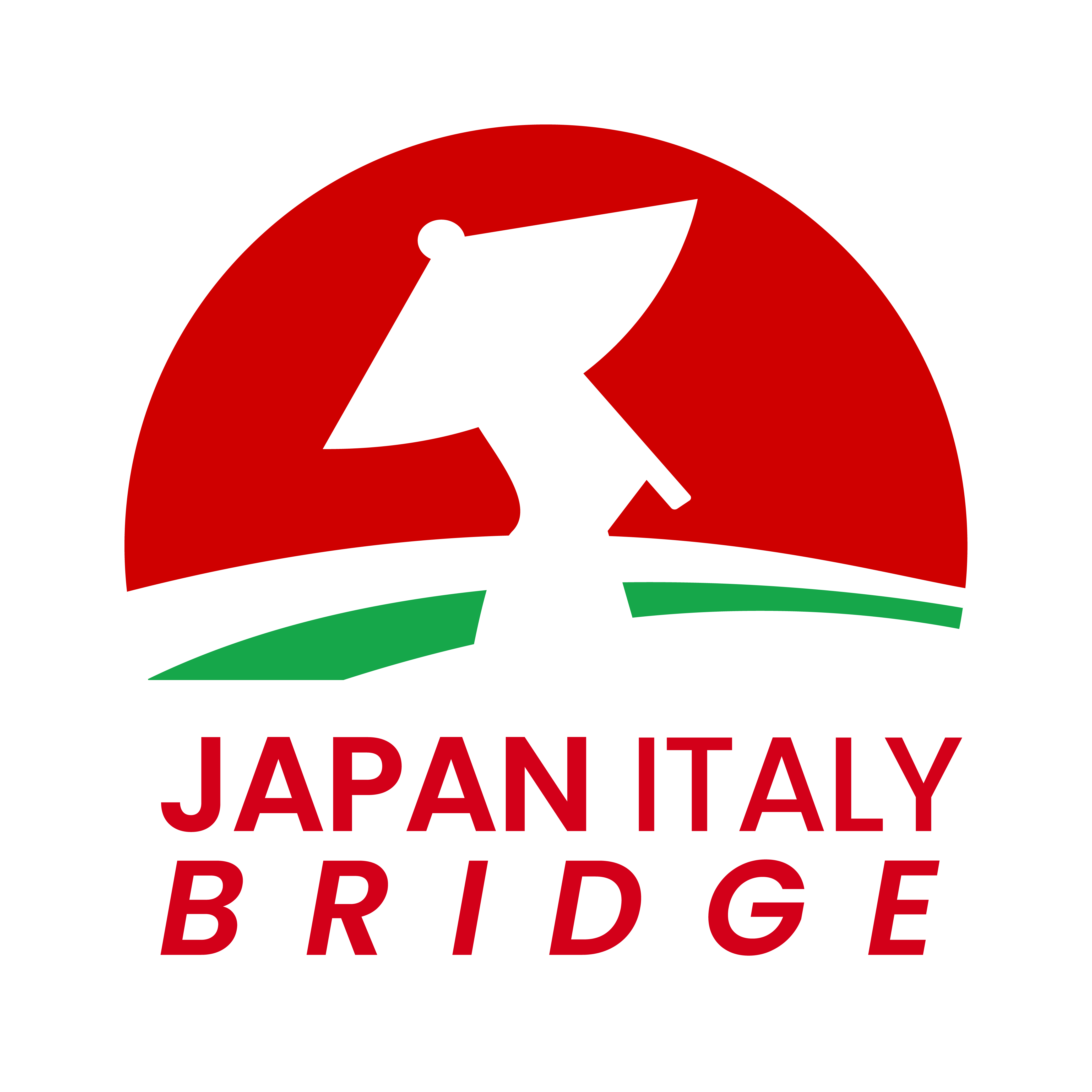Case Study: Don Quijote
Don Quijote, conosciuto affettuosamente come Donki dai consumatori giapponesi, è molto più di un semplice negozio al dettaglio. Fondato nel 1980 da Takao Yasuda, Don Quijote è diventato un fenomeno culturale in Giappone: i suoi oltre 600 punti vendita, spesso aperti quasi 24 ore su 24, sono caratterizzati da un design volutamente disordinato e da scaffali pieni fino all’orlo, creando un’esperienza di scoperta continua per i clienti. Il marchio è noto anche per la sua mascotte, Donpen, un simpatico pinguino blu che aggiunge un tocco divertente al brand e aiuta a rafforzare la sua identità visiva.

Perché Don Quijote è Così Amato?
1. Varietà Sbalorditiva di Prodotti
Don Quijote offre un assortimento che sembra infinito: puoi trovare articoli di uso quotidiano come alimenti e prodotti per la pulizia, ma anche oggetti curiosi e insoliti, come costumi di Halloween, gadget per scherzi e accessori unici. Questo mix di necessità e stravaganza rende Don Quijote un luogo adatto a chiunque.
2. Prezzi Competitivi
Il marchio è famoso per i suoi prezzi accessibili. Don Quijote sfrutta una solida rete di fornitori e una gestione efficiente dell’inventario per mantenere i costi bassi, rendendo i suoi negozi una destinazione popolare sia per chi cerca convenienza sia per chi vuole acquistare in grandi quantità.
3. Esperienza di Shopping Divertente
I negozi Don Quijote sono progettati per sorprendere. I corridoi stretti e i display sovraccarichi di prodotti creano un’atmosfera caotica ma emozionante, quasi come un “caccia al tesoro”. Questo approccio non solo invoglia i clienti a esplorare ogni angolo del negozio, ma aumenta anche la probabilità di acquisti d’impulso.
4. Flessibilità e Adattabilità
Ogni negozio Don Quijote adatta la propria offerta alla comunità locale. Ad esempio, nei quartieri turistici, troverai souvenir giapponesi, snack e cosmetici popolari tra i visitatori internazionali. Nei quartieri residenziali, invece, l’accento è posto sui beni di prima necessità.

Il Segreto del Successo di Don Quijote
1. Strategia di Marketing Unica
Don Quijote non investe pesantemente in pubblicità tradizionale. Invece, si affida al passaparola e all’esperienza in negozio per costruire il proprio marchio. La musica allegra e orecchiabile del negozio, la famosa Donki Song, crea un’identità sonora unica che rimane impressa nella mente dei clienti.
2.Collaborazione sorprendente
Donki ha intrapreso una collaborazione sorprendente con Bruno Mars per creare una nuova identità musicale. La scelta di Mars è arrivata dopo la necessità di rinnovare il jingle storico della catena a causa di questioni di copyright. Il cantante non solo ha composto un nuovo brano ufficiale per Donki, ma ha anche partecipato a una serie di spot pubblicitari insieme al famoso pinguino mascotte della catena, Donpen. La campagna ha attirato grande attenzione, mostrando Bruno Mars ballare con Donpen al ritmo di una base vivace, creando un’atmosfera di festa. L’iniziativa include inoltre una collezione di merchandise esclusivo firmato Mars, un vero omaggio al mix unico di pop culture e retail che caratterizza Donki. Questa collaborazione rappresenta una mossa brillante, capace di rinnovare il brand mantenendo il suo fascino iconico
3. Innovazione Costante
L’azienda non teme di sperimentare. Dalle collaborazioni con marchi internazionali alla creazione di negozi di fascia alta come MEGA Don Quijote, Don Quijote continua a evolversi per soddisfare le esigenze di una clientela sempre più diversificata.
4. Presenza Strategica nei Luoghi Turistici
Don Quijote è particolarmente popolare tra i turisti, grazie alla disponibilità di prodotti tax-free e all’ampia gamma di souvenir e cosmetici. Negozi come il famoso Donki di Shibuya attirano milioni di visitatori ogni anno, consolidando il marchio come una tappa obbligata per chi visita il Giappone.
5. Leadership Visionaria
Sotto la guida di Takao Yasuda, Don Quijote ha adottato un approccio flessibile e decentralizzato, dando autonomia ai manager di ciascun negozio per rispondere alle esigenze locali. Questo ha permesso all’azienda di crescere rapidamente senza perdere il contatto con i clienti.
L’Impatto Culturale di Don Quijote
Don Quijote non è solo un negozio: è un’istituzione culturale in Giappone. La sua estetica unica e il suo approccio ludico allo shopping hanno ispirato imitatori e rafforzato il fascino del “caos organizzato”. Inoltre, il brand ha trovato un pubblico internazionale, espandendosi in paesi come Singapore, Thailandia e persino negli Stati Uniti.
In Giappone, Donki è diventato sinonimo di shopping conveniente e divertente, un luogo dove chiunque può trovare qualcosa di utile o di unico, spesso inaspettatamente.

Conclusione: Don Quijote, una Lezione di Successo Retail
Il successo di Don Quijote risiede nella sua capacità di combinare prezzi competitivi, una varietà infinita di prodotti e un’esperienza di shopping unica. In un mercato retail sempre più competitivo, Don Quijote si distingue per il suo approccio innovativo e orientato al cliente.
Che si tratti di locali alla ricerca di convenienza o turisti in cerca di souvenir, Don Quijote ha saputo posizionarsi come un brand capace di soddisfare tutti, trasformando ogni visita in un’esperienza memorabile.
Condividi:
- Fai clic per condividere su Facebook (Si apre in una nuova finestra)
- Click to share on Twitter (Si apre in una nuova finestra)
- Fai clic qui per condividere su Tumblr (Si apre in una nuova finestra)
- Fai clic qui per condividere su Pinterest (Si apre in una nuova finestra)
- Fai clic per condividere su Telegram (Si apre in una nuova finestra)
- Fai clic per condividere su WhatsApp (Si apre in una nuova finestra)
- Fai clic qui per condividere su Reddit (Si apre in una nuova finestra)
- Fai clic qui per stampare (Si apre in una nuova finestra)







